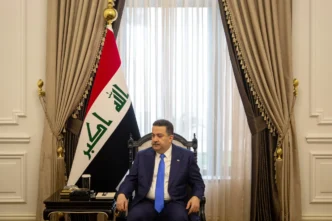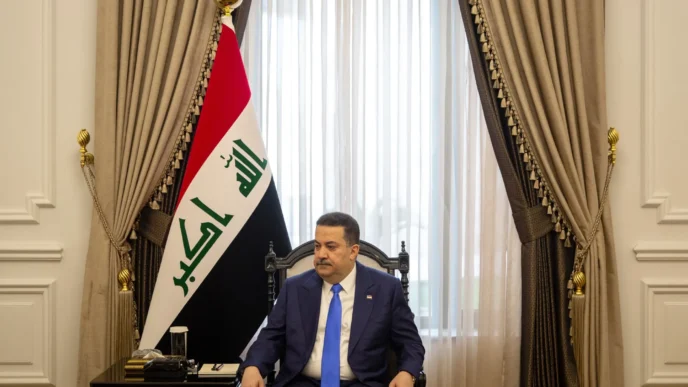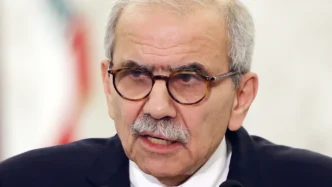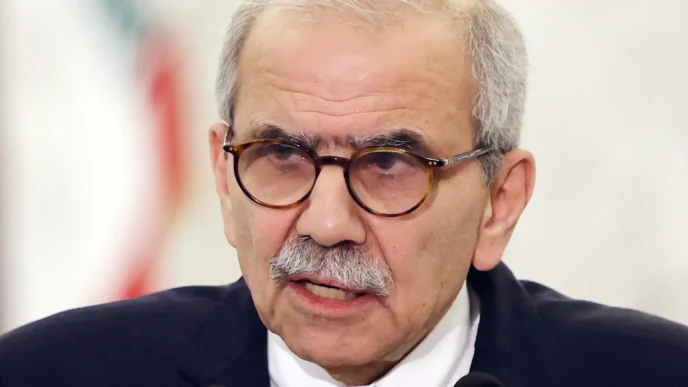After two years of intense military operations in Gaza and escalating regional tensions, the Israeli government is now turning its focus from wartime mobilization to economic stabilization. Facing a ballooning deficit, rising debt levels, and slowing growth, Israel’s Finance Ministry is preparing a set of fiscal reforms and rollback measures aimed at reining in public spending while reviving investor confidence.
The shift marks a critical turning point for the country’s post-war trajectory — a transition from emergency economics to strategic recovery, as policymakers seek to rebuild fiscal discipline without stifling economic resilience.
From Conflict to Consolidation: The Economic Toll of War
The two-year conflict in Gaza — one of the most expensive military operations in Israel’s history — has left deep fiscal scars. With national defense expenditures surging to unprecedented levels and social spending expanded to support displaced communities and security infrastructure, Israel’s budget deficit has climbed to more than 5% of GDP, the highest in over a decade.
According to government estimates, the war effort — including direct military costs, reserve mobilization, and reconstruction aid — added more than $25 billion to public spending since late 2023.
“We are emerging from a period of extraordinary strain,” Finance Minister Bezalel Smotrich said in a recent briefing. “The challenge now is to restore balance to the economy, maintain investor trust, and protect our long-term stability.”
The ministry is preparing a comprehensive fiscal roadmap for 2026 that includes spending caps, targeted subsidy cuts, and a gradual rollback of temporary tax hikes introduced during the war.
Rolling Back War-Time Taxes
During the conflict, Israel imposed several temporary tax measures — including levies on high-income earners, capital gains, and select imports — to help fund defense operations and humanitarian relief.
Now, with defense spending expected to decline from wartime peaks, the government plans to phase out or reduce many of these taxes by mid-2026. The Finance Ministry believes this move will stimulate private investment, attract foreign capital, and strengthen consumer confidence.
“Tax relief is critical for restoring momentum in the private sector,” said a senior Treasury official. “We cannot grow the economy if we continue operating under emergency fiscal conditions.”
Still, some economists warn that the rollback must be managed carefully to avoid renewed deficits. Israel’s debt-to-GDP ratio, which stood at 60% before the conflict, has now climbed above 72%, raising concerns about the country’s borrowing costs and long-term fiscal flexibility.
Balancing Security and Stability
While the military campaign in Gaza has largely wound down, Israel’s defense budget remains elevated amid heightened security risks along the northern border and ongoing regional tensions with Iran-backed groups.
Prime Minister Benjamin Netanyahu has called for a “measured transition,” emphasizing that Israel must not compromise its deterrence capabilities even as it tightens the budget.
“Our first responsibility is security,” Netanyahu said in a cabinet meeting. “But economic resilience is also national resilience. We must ensure that the burden of war does not fall unfairly on future generations.”
This balancing act — between fiscal restraint and military readiness — will define Israel’s economic path over the coming year.
Rebuilding Investor Confidence
The war and its economic aftershocks have shaken investor sentiment, particularly in Israel’s technology and real estate sectors, which have long been engines of growth.
Venture capital inflows slowed markedly during 2024 and 2025, as global investors adopted a cautious stance toward Israeli startups amid geopolitical uncertainty. Meanwhile, inflationary pressures and rising interest rates weighed on consumer spending and housing demand.
The government hopes that fiscal stabilization will help reassure international markets, strengthen the shekel, and restore momentum in key industries.
“Israel’s fundamentals remain strong — a dynamic tech sector, high human capital, and resilient exports,” said Bank of Israel Governor Amir Yaron. “But we need clarity, predictability, and fiscal prudence to ensure confidence returns.”
The central bank has signaled that once fiscal tightening begins, it could consider gradual interest rate adjustments to support growth without reigniting inflation.
Social Pressures and Political Debate
The government’s shift toward fiscal consolidation is not without controversy. Critics warn that budget cuts could squeeze critical services at a time when Israeli society remains deeply strained — with thousands of displaced families, war veterans, and businesses still recovering from the conflict.
Opposition leaders have called for “socially responsible austerity”, urging the government to protect essential sectors such as healthcare, housing, and education while cutting unnecessary bureaucracy.
“The public has already paid a high price for this war — economically and emotionally,” said Labor Party leader Merav Michaeli. “Any fiscal reform must put people before profits.”
Public opinion is sharply divided. While many Israelis support restoring economic discipline, others fear that the cuts will slow recovery and deepen inequality.
The Long Road to Recovery
Economists agree that Israel’s post-war recovery will take several years, requiring both fiscal prudence and targeted growth initiatives.
The Finance Ministry is expected to unveil a 2026-2028 economic framework that prioritizes infrastructure investment, labor participation, and innovation. The plan includes incentives for startups, renewable energy projects, and defense technology exports — sectors that could drive new growth while reducing dependency on external financing.
Analysts say that success will depend on how effectively Israel can transition from wartime spending to peacetime productivity.
“Fiscal repair is necessary, but so is vision,” said Dan Ben-David, an economist at Tel Aviv University. “Israel must pair discipline with development — cutting waste, not ambition.”
A Nation at a Fiscal Crossroads
As Israel prepares for its next chapter, the government faces one of its most complex balancing acts in decades. The end of large-scale combat brings hope for renewal, but also the daunting challenge of rebuilding an economy strained by years of conflict.
The coming months will reveal whether Israel can navigate that transition — restoring fiscal health while safeguarding growth, security, and social cohesion.
For now, one message from the Finance Ministry is clear: the era of wartime economics is ending, and the work of national rebuilding has begun.
















